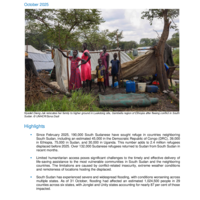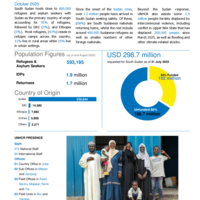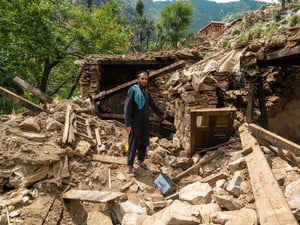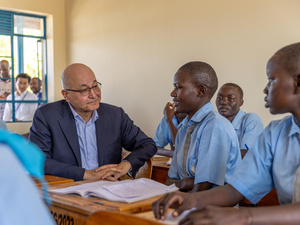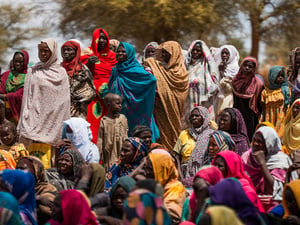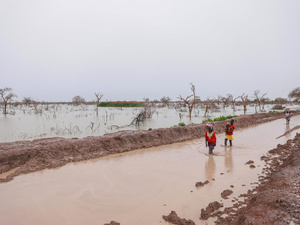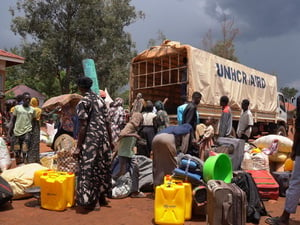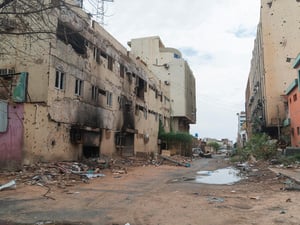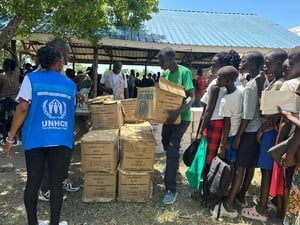South Sudan
South Sudan
South Sudan continues to host refugees, support returnees, and respond to internal displacement amid ongoing conflict, economic challenges, and climate shocks, while working toward durable solutions and legal protection for displaced populations.
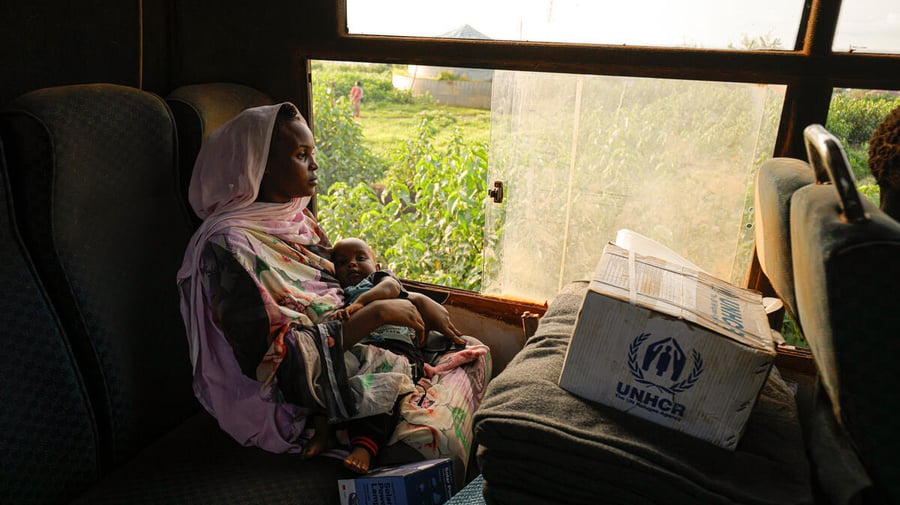
South Sudan continues to face a complex humanitarian landscape shaped by conflict, economic instability, and climate-related shocks. By the end of 2024, the country hosted over 500,000 refugees and asylum-seekers – primarily from Sudan – and nearly 2 million internally displaced people (IDPs). At the same time, more than 500,000 South Sudanese refugees have returned home since the signing of the Revitalized Peace Agreement in 2018, though over 2.3 million remain in exile across neighbouring countries.
Despite limited resources, South Sudan has maintained an open-door policy for refugees. UNHCR works closely with national authorities and partners to support refugees, IDPs, returnees, and host communities across seven states. Through multisectoral assistance – covering protection, education, livelihoods, and basic services – UNHCR is working to strengthen community resilience and support durable, development-oriented solutions.
In 2024, South Sudan was heavily impacted by flooding, food insecurity, and inflation driven by a sharp depreciation of its currency and disruption in oil exports. Armed conflict and intercommunal violence, especially in Unity and Upper Nile, triggered further displacement and restricted humanitarian access. Meanwhile, reception and case management systems were strained by increasing needs, especially among unaccompanied children, women at risk, and persons with disabilities.
Amid these challenges, South Sudan took a landmark step by acceding to the 1954 and 1961 Statelessness Conventions – affirming its commitment to prevent and reduce statelessness. In addition, efforts to enhance data collection, such as the South Sudan Forced Displacement Survey and joint border monitoring with IOM and the Government, are helping shape more informed and targeted reintegration and recovery responses.
Population and financial overview
South Sudan
Use the year selector to access strategy information from previous years.
Latest updates
Office contact details
For information about our operation in South Sudan, please contact us through our Headquarters in Geneva, Switzerland.


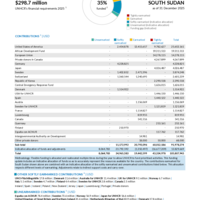
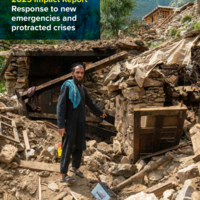
![Sudan Emergency: Critical life-saving needs summary [November 2025 – January 2026]](/sites/default/files/styles/d02_square/public/2025-11/unhcr-critical-needs-sudan-situation-nov-2025-to-jan-2026.pdf-p1.png?itok=fbaWNtrQ)
